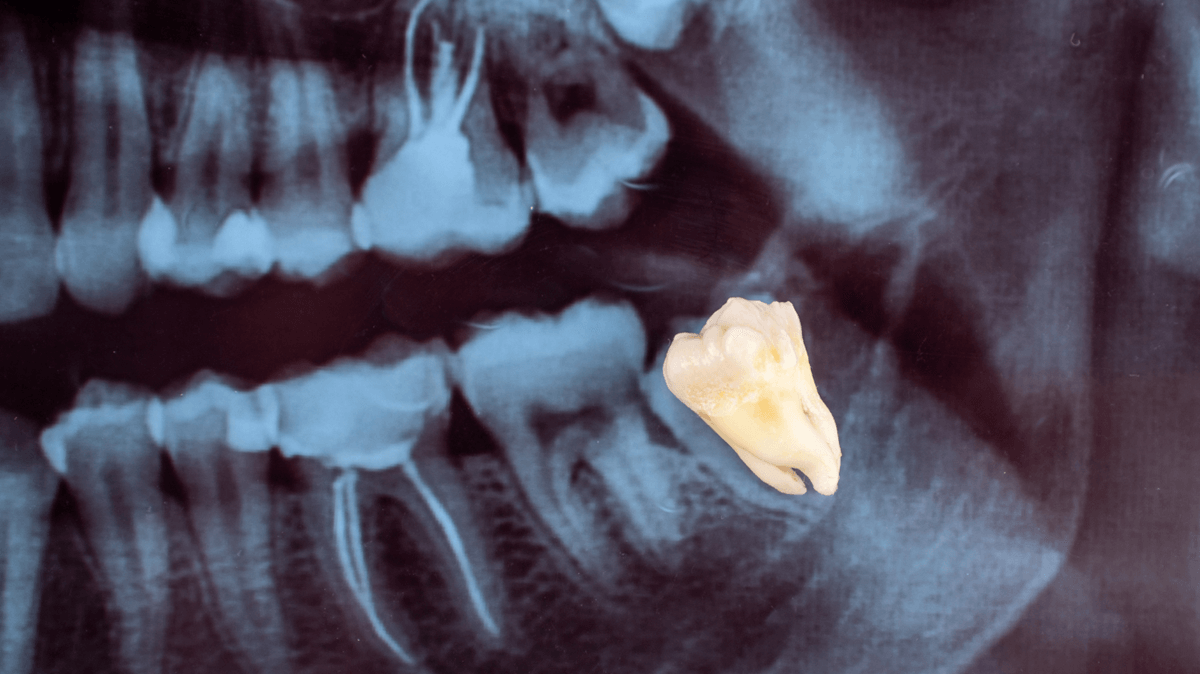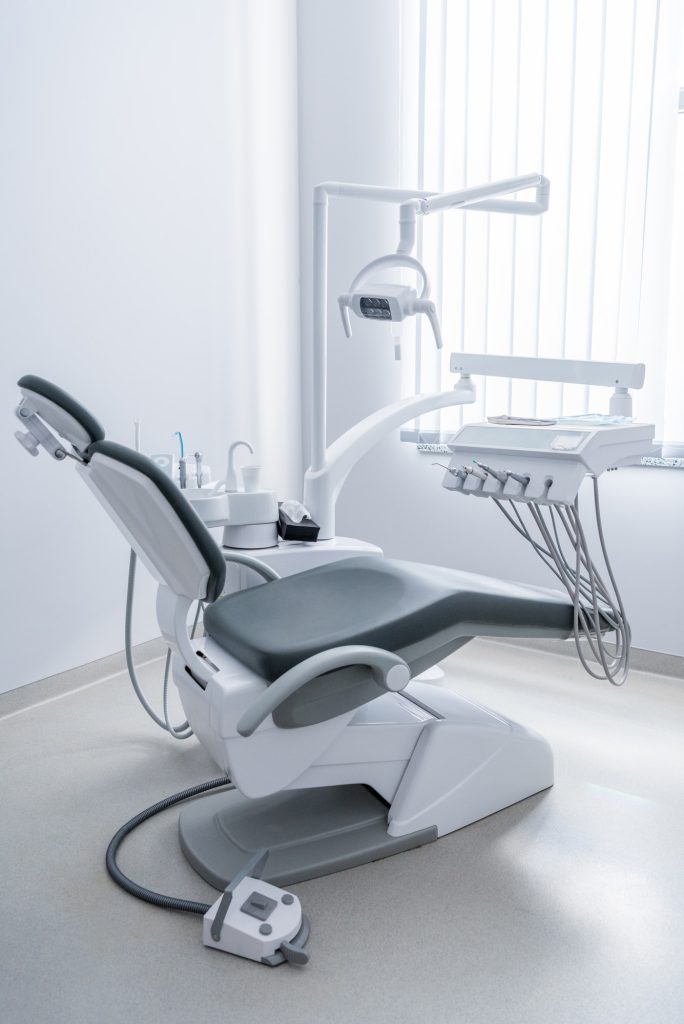Wisdom teeth, or third molars, are the final set of teeth to erupt, usually appearing between 17 and 25 years of age. While some people have no issues, many experience pain, swelling, or infections due to lack of space in the mouth. If left untreated, impacted or misaligned wisdom teeth can cause complications such as gum disease, tooth decay, and crowding of other teeth.
Deciding whether to remove your wisdom teeth depends on several factors, including their position, the amount of space in your jaw, and any associated discomfort. At Radiant Smiles Dental Bundoora, we offer professional wisdom teeth assessments and removal, providing a smooth and comfortable experience..
What Are Wisdom Teeth and Why Do They Cause Problems?
Wisdom teeth are the third and last set of molars located at the very back of the mouth. In the past, they played a vital role in helping early humans chew tough foods like raw meat and roots. However, modern diets and advancements in dental care have made them largely unnecessary, and due to evolutionary changes, most people no longer have enough space in their jaws to accommodate them properly.
As a result, wisdom teeth often grow at an angle, remain partially erupted, or become impacted under the gums. This can lead to several issues, including:
- Impaction: When a wisdom tooth is unable to fully emerge, it can cause pain, swelling, and even cysts.
- Crowding: If there’s not enough space in the jaw, wisdom teeth can push neighbouring teeth out of alignment.
- Gum Infections and Decay: Wisdom teeth are difficult to clean properly, increasing the risk of gum disease and cavities.
- Jaw Pain and Stiffness: The pressure from an impacted wisdom tooth can lead to jaw discomfort and difficulty opening your mouth.
Signs You May Need Wisdom Teeth Removal
Wisdom teeth don’t always need to be removed, but certain warning signs indicate it may be necessary. If you experience any of the following, it’s best to see your dentist for an evaluation:
- Persistent Jaw Pain or Discomfort
- If you frequently experience pain at the back of your mouth, it could be due to an impacted or partially erupted wisdom tooth pressing against nerves or surrounding teeth.
- Swollen, Red, or Bleeding Gums
- Gum inflammation around a wisdom tooth may indicate an infection, known as pericoronitis. This condition occurs when bacteria and food particles get trapped around a partially erupted tooth.
- Difficulty Opening Your Mouth
- Stiffness or soreness in the jaw can be a sign that your wisdom teeth are causing pressure or inflammation in the surrounding tissues.
- Frequent Headaches or Ear Pain
- The pressure from impacted wisdom teeth can radiate to other areas of the face, leading to frequent headaches or earaches.
- Shifting Teeth or Changes in Bite Alignment
- Wisdom teeth can exert force on surrounding teeth, causing crowding and misalignment, which may affect your overall bite.
Benefits of Removing Wisdom Teeth
While not everyone needs their wisdom teeth extracted, removing them when necessary can prevent a range of complications and improve long-term oral health. Some key benefits include:
- Pain and Infection Prevention: Impacted or partially erupted wisdom teeth are prone to infections, which can spread to other areas of the mouth if left untreated.
- Protecting Adjacent Teeth: When wisdom teeth push against neighbouring molars, they can cause enamel erosion, increasing the risk of cavities or damage.
- Improved Oral Hygiene: Positioned at the back of the mouth, wisdom teeth are hard to clean properly. Having them removed can reduce the risk of decay and gum disease.
- Lower Risk of Cysts or Tumours: In some cases, impacted wisdom teeth can lead to cyst formation in the jawbone, which may require more complex surgical treatment.
When Wisdom Teeth Can Stay
Not all wisdom teeth need to be removed. If they are healthy, fully erupted, and not causing any pain or complications, they may not pose any problems. Your dentist may decide to leave them in place if:
- They are correctly positioned, allowing for normal function without affecting other teeth.
- There are no signs of infection, decay, or gum disease.
- There is enough space in the jaw for them to fit without causing crowding or misalignment.
- They can be easily cleaned and maintained as part of your regular oral hygiene routine.
What to Expect During Wisdom Teeth Removal
If your dentist determines that removal is necessary, Radiant Smiles Dental Bundoora offers a safe and comfortable extraction process. The procedure is performed by our skilled dental team, ensuring minimal discomfort and a smooth recovery. Here’s what you can expect:
- Anaesthesia for Comfort
- Depending on the complexity of the extraction, your dentist may use local anaesthesia, sedation, or general anaesthesia to ensure you feel relaxed and pain-free during the procedure.
- Gentle Tooth Removal
- The dentist will carefully remove the wisdom tooth. If it is impacted, a small incision may be made in the gum to access it more easily. In some cases, the tooth may be divided into smaller sections for easier removal.
- Post-Procedure Care
- After the extraction, you may experience mild swelling and discomfort, which usually subsides within a few days. Your dentist will provide you with aftercare instructions, including dietary recommendations, pain management tips, and proper cleaning techniques to ensure a smooth recovery.
Conclusion: Should You Remove Your Wisdom Teeth?
Deciding whether to remove your wisdom teeth depends on several factors, including their position, the amount of space in your jaw, and any associated discomfort. If you’re experiencing pain, swelling, or recurring infections, extraction is often the best course of action to prevent further complications.
At Radiant Smiles Dental Bundoora, we offer tooth extraction, wisdom tooth removal, and emergency dentist services to ensure your long-term oral health. Our experienced team is here to provide personalised care and expert guidance on whether wisdom teeth removal is right for you.
If you’re experiencing discomfort or have concerns about your wisdom teeth, book an appointment with our team today.
Frequently Asked Questions
- How long does it take to recover from wisdom teeth removal?
Recovery typically takes one to two weeks. Swelling and discomfort are common in the first few days, but following your dentist’s post-operative care instructions will help speed up healing. - Are there any risks associated with wisdom teeth removal?
As with any surgical procedure, risks include infection, dry socket, or nerve irritation. However, these are uncommon, especially when the extraction is performed by an experienced dentist. - What can I eat after the procedure?
Stick to soft foods like yoghurt, mashed potatoes, and soups for the first few days. Avoid hard, spicy, or hot foods that could irritate the extraction site. - Will removing my wisdom teeth change my face shape?
In most cases, wisdom teeth removal does not significantly alter face shape. However, if the teeth were causing swelling or discomfort, you may notice a slight improvement in jaw comfort and alignment. - Can wisdom teeth grow back?
No, once removed, wisdom teeth do not grow back. However, some people have extra molars known as supernumerary teeth, which may require further assessment.








